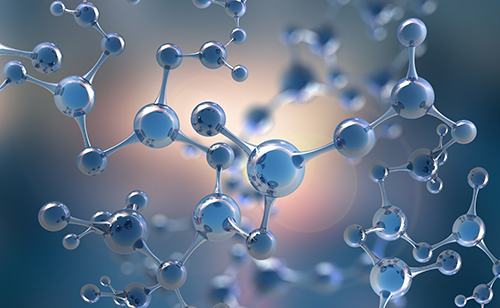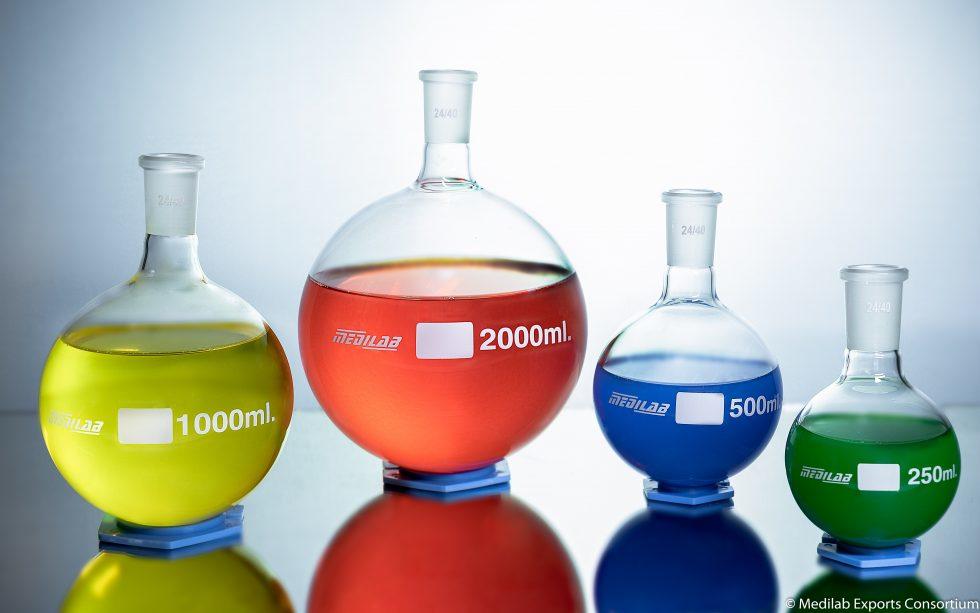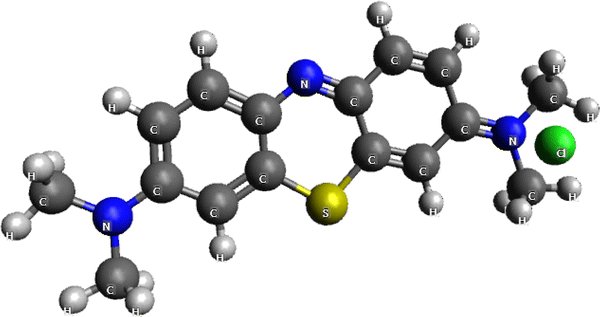
- Enseignant: Zaza Touaa

- Enseignant: SARA AICHOUNI
- Enseignant: SARA AICHOUNI
- Enseignant: Mustapha Belaidi
Solution Thermodynamic
In the introduction we dealt primarily with closed systems for which only heat and work
is transferred between the system and the environment. In the this chapter, we study the
thermodynamics of systems that can also exchange matter with other systems or with the
environment, and in particular, systems with more than one component. First we focus on
homogeneous systems called solutions. Next we consider heterogeneous systems with
emphasis on the equilibrium between different multi-component phases.
https://elearning.univ-relizane.dz/pluginfile.php/31280/course/summary/Thermo.pdf
- Enseignant: Mustapha Belaidi
- Enseignant: Houari Soltani

This course introduces fundamental concepts of materials chemistry across four main chapters:
-
Introduction to Materials:
Overview of material types, their significance, and applications in various fields. -
Structure of Solid Materials:
Exploration of atomic and molecular arrangements in solid materials, including crystalline and amorphous structures. -
Specific Material Types:
- Polymers: Study of macromolecular structures, properties, and uses in industries.
- Ceramics: Examination of inorganic, non-metallic materials, their high-temperature stability, and mechanical properties.
- Composites: Analysis of hybrid materials combining different components for enhanced performance.
This course provides a foundational understanding of material properties, structures, and their roles in technological advancements.
- Enseignant: Mohammed HACHEMAOUI